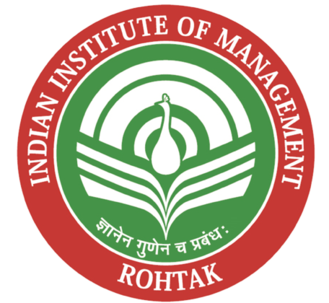Centre aims to work towards achieving zero stubble burning Narendra Singh Tomar
Inter-Ministerial Meeting on issues of Management of Crop Residue Burning held
A high-level inter-Ministerial meeting was held under the co-chairmanship of Narendra Singh Tomar, Minister of Agriculture & Farmers Welfare and Bhupender Yadav, Minister of Environment, Forest & Climate Change to review the preparedness of the States of Punjab, Haryana, Uttar Pradesh and NCT of Delhi in preventing paddy stubble burning in the current season.
The high-level meeting was attended by Surya Pratap Shahi Agriculture Minister, Govt. of UP, Gurmeet Singh Khudian, Agriculture Minister of Punjab, Jai Prakash Dalal, Agriculture Minister of Haryana and Gopal Rai, Environment Minister of NCT of Delhi. Senior officers of the Ministry of Agriculture, Ministry of Environment, Govt. of India and from the States of Punjab, Haryana, Uttar Pradesh, NCT of Delhi and ICAR were also present.
During the meeting, the States presented the action plan and strategies for preventing stubble burning in the current season. The States were advised to utilise the funds provided for crop residue management, make Crop Residue Management (CRM) machinery available well before harvesting season and carry out Information, Education and Communication (IEC) activities in collaboration with ICAR and other stakeholders to bring awareness amongst farmers against paddy stubble burning.
Speaking on the occasion, the Union Minister for Environment stated that efforts to prevent paddy stubble burning for the last five years are bearing good results. Due to the concerted efforts of agencies like the Commission for Air Quality Management, burning instances in the States of Punjab, Haryana, Uttar Pradesh and NCT of Delhi have come down. There is a need to encourage ex-situ management of paddy straw which will provide raw materials to the user industries like Power, biomass etc.
Inter-Ministerial Meeting on issues of Management of



